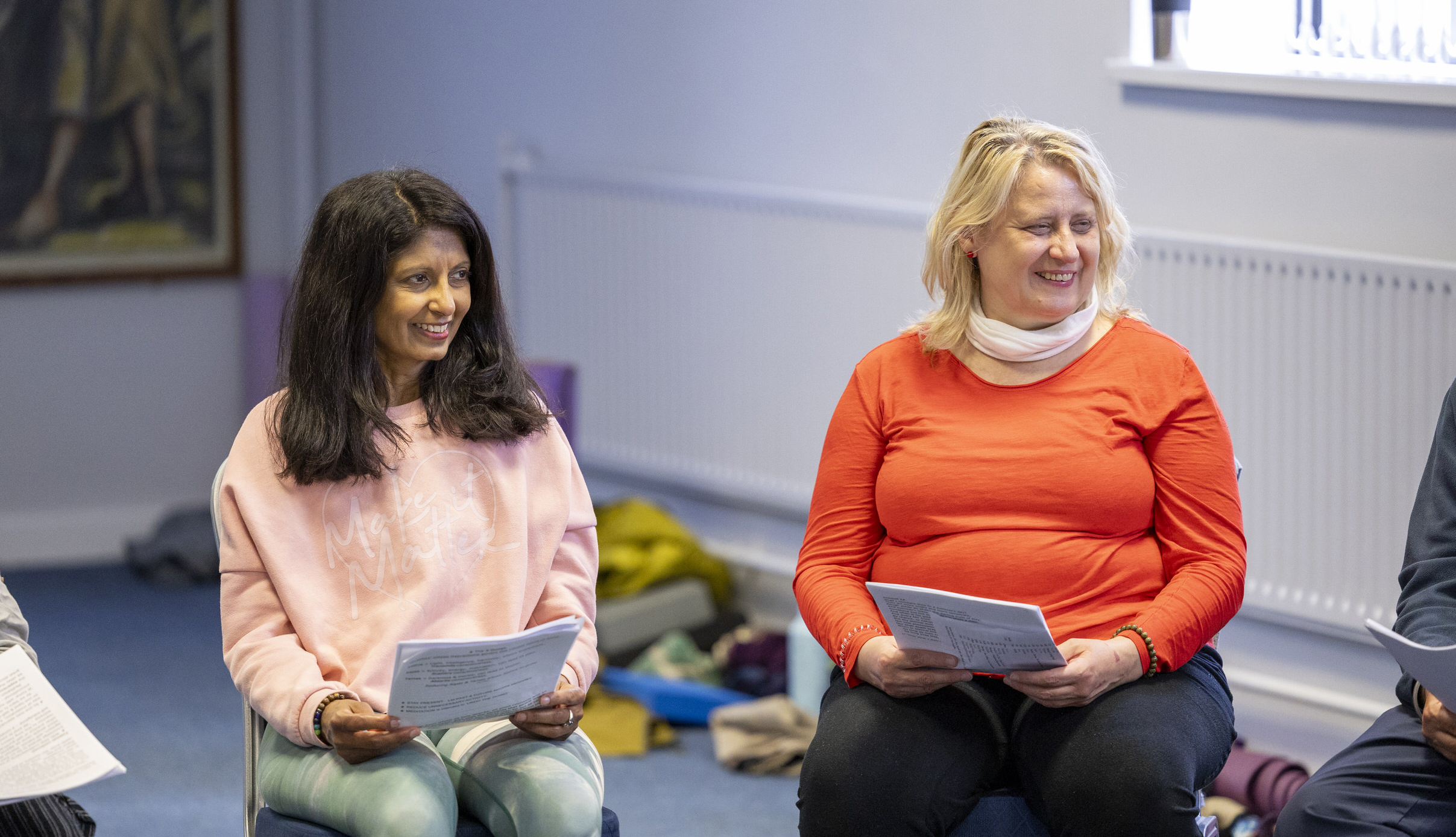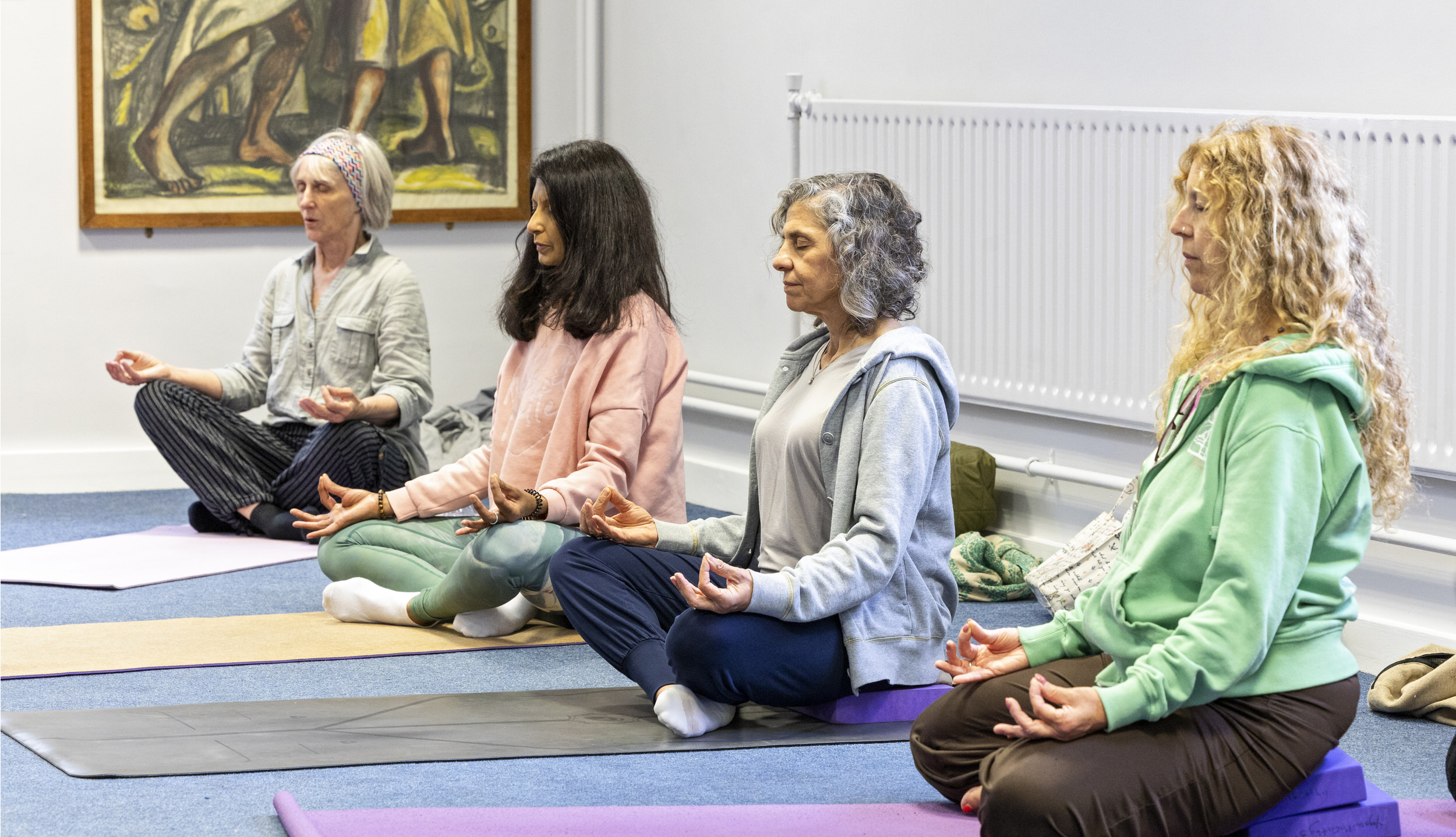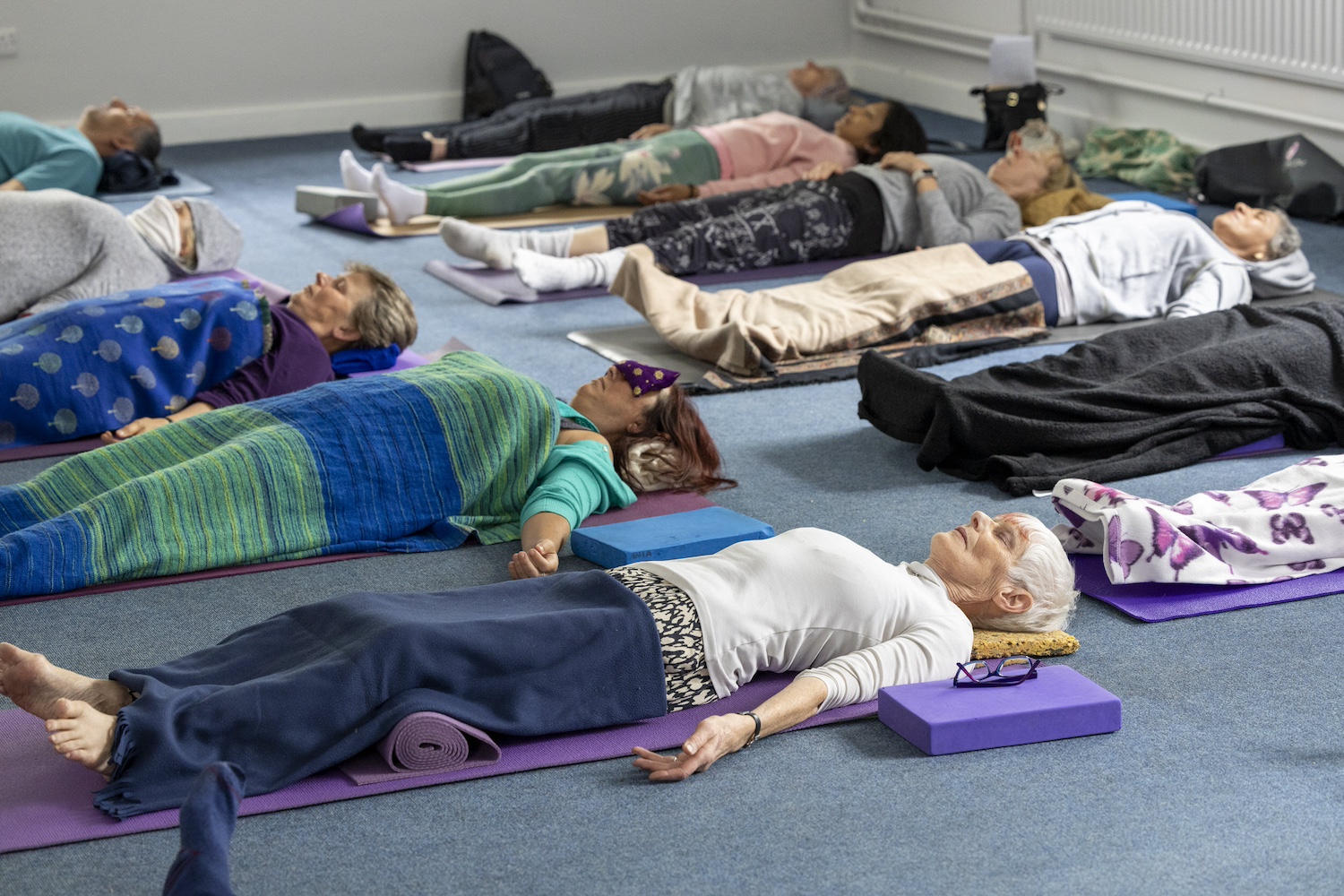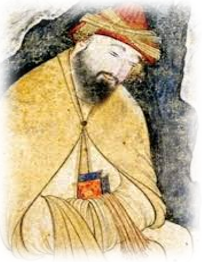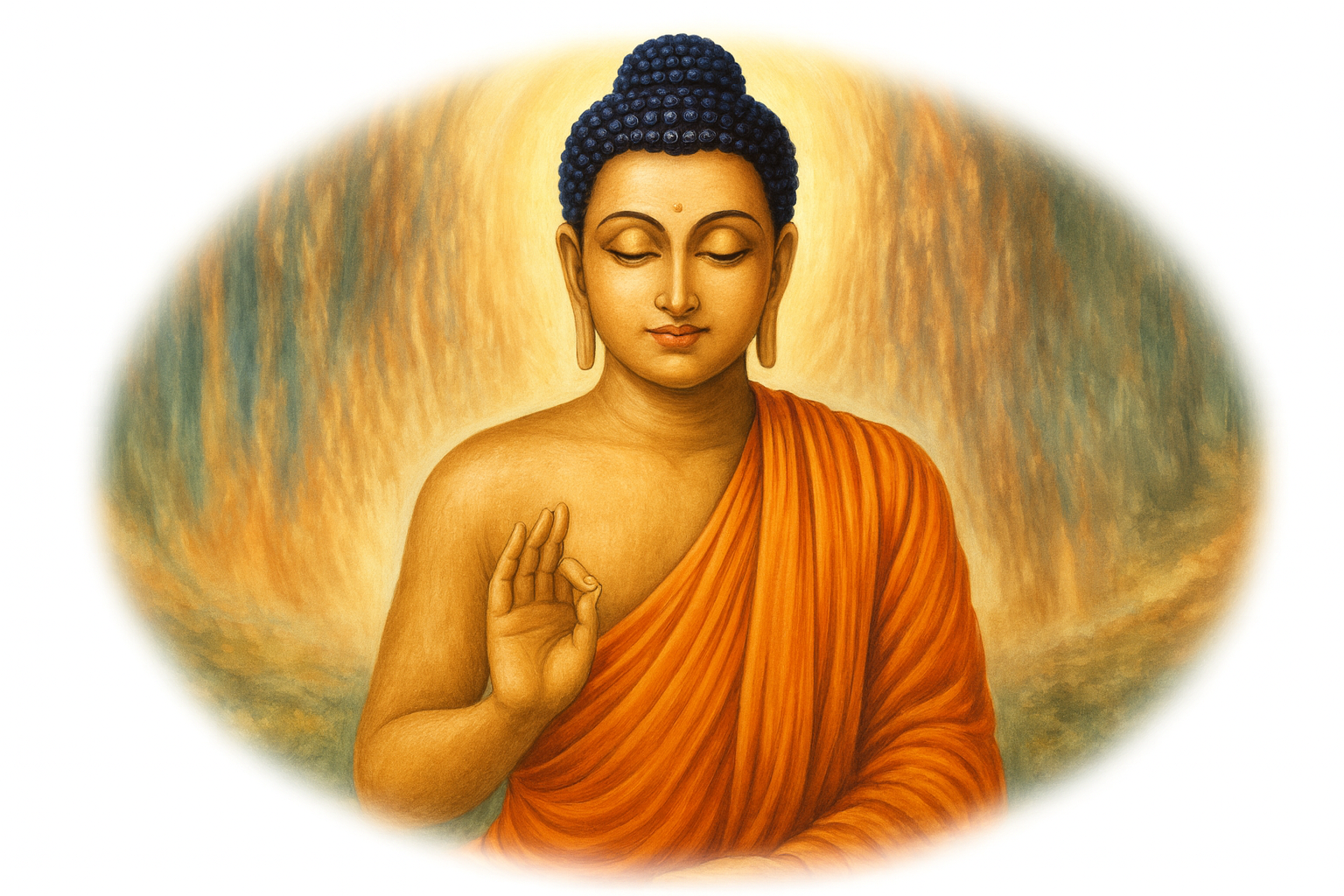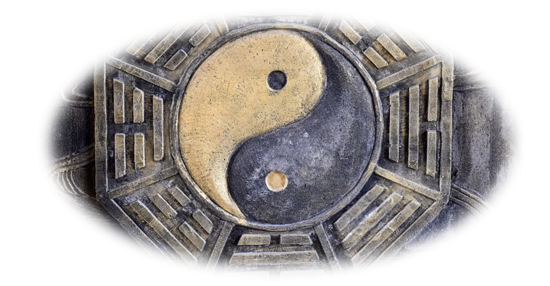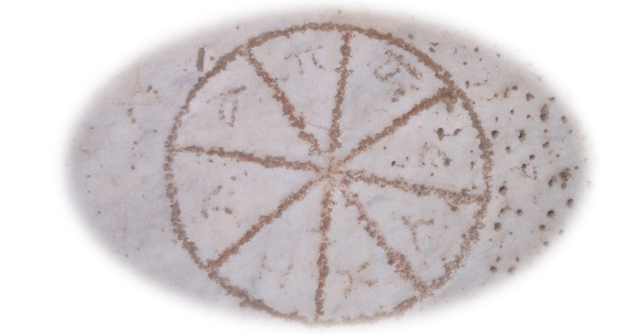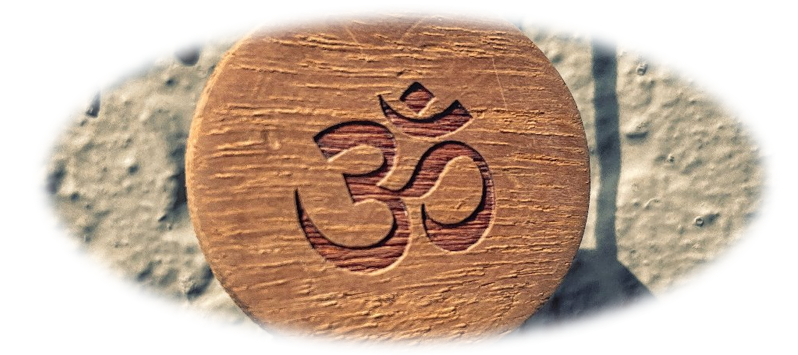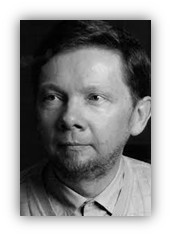Sufism is the mystical branch of Islam that emphasizes a direct, personal experience of God through spiritual purification, asceticism, and devotion. It is practised within both Sunni and Shia traditions and focuses on a path to spiritual refinement through practices like dhikr (the invocation of God’s name), meditation, and detaching from worldly distractions to achieve divine love.
Key aspects of Sufism
Mystical Experience:
The core goal is to achieve a direct, personal experience of God and attain divine love.
Spiritual Path:
Sufis follow a path of spiritual purification, striving for a selfless life that focuses on presence and love, and seeking the “annihilation of the ego” in God.
Practices:
Common practices include:
Dhikr: Chanting or invoking the names of God, which can be done individually or in groups.
Meditation: Engaging in spiritual reflection and practices like the “Whirling Dervishes” which combine dancing, music, and prayer.
Asceticism: Following a path of spiritual refinement that includes renouncing materialism.
Connection to Islam:
Sufism is considered an integral part of Islam, with adherents practicing the core observances like daily prayers, fasting, and charity.
Influence:
Sufism has profoundly influenced Islamic art, literature (such as the poetry of Rumi), and the spread of Islam across the world.
“Stations” of the Path:
Sufis may follow a series of “stations” on their spiritual journey, which can include stages of repentance, sincerity, humility, and gratitude, ultimately leading toward a state of divine union.




